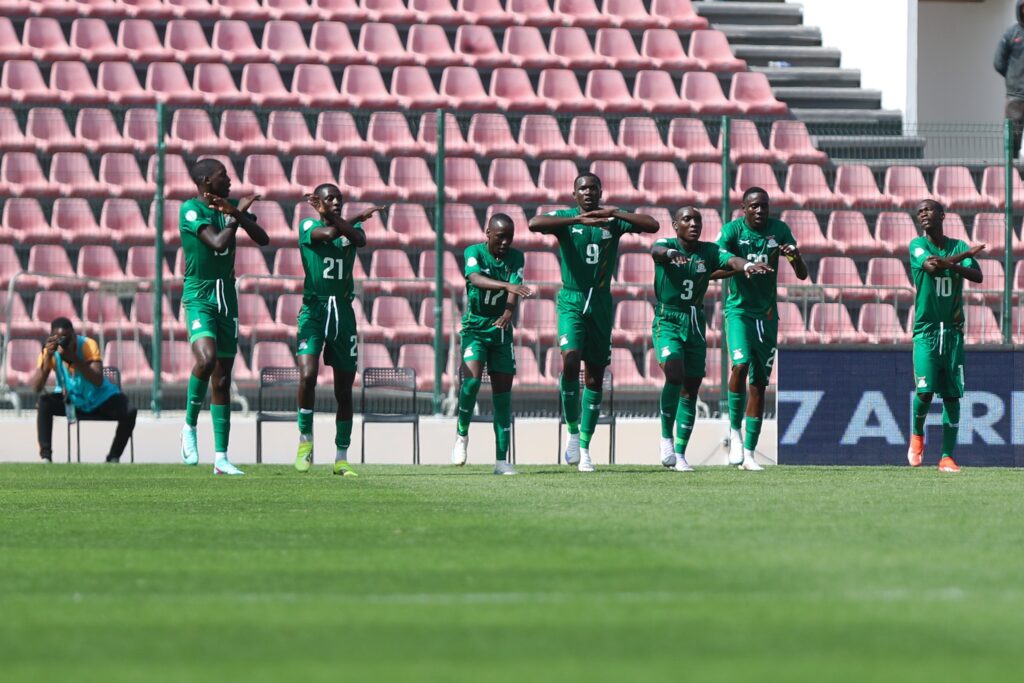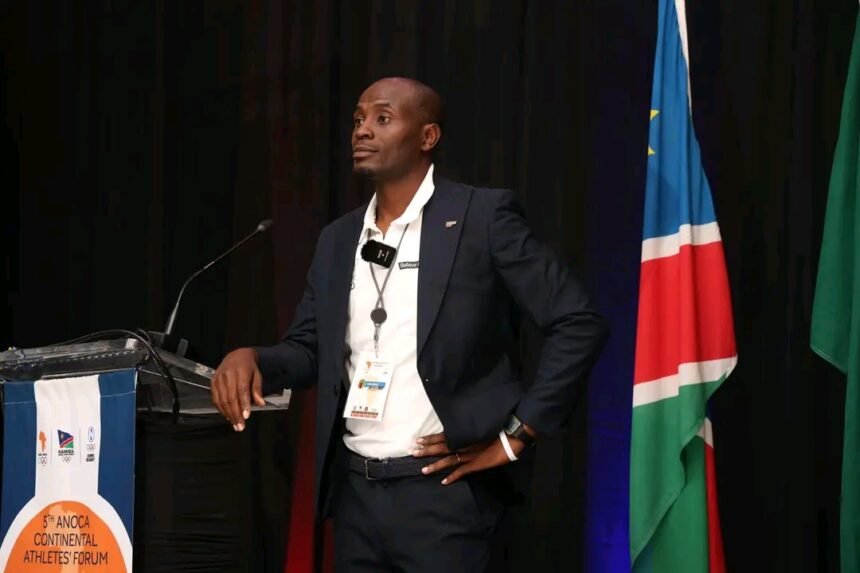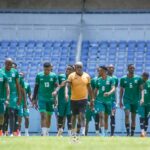Nchimunya Mweetwa, a former Chipolopolo striker, has expressed worries about the dangers that off-season players face when participating in football competitions in Zambia.
Many Super League and National League players participate in off-season all-stars games, which are hosted at different playing community grounds, as a means of staying in shape and entertaining their supporters.
In an interview, Mweetwa urged players to weigh the long-term consequences these events may have on their health and careers.
However, Mweetwa, who previously wore the national shirt and played for teams like Zesco United and Finland’s RoPS, recognized the significant cultural and social significance these competitions have in the local communities.
“As the football season comes to a close in Zambia, the off-season has brought about a familiar phenomenon – the proliferation of tournaments in rural areas and compounds,” Mweetwa said. “These events, often featuring elite players, are a boon for local fans who get to see their heroes in action on dusty grounds.”
“Players Need Time To Rest And Recover” – Mweetwa.
However, the former striker cautioned that while these appearances may excite fans and reinforce player-community bonds, they carry risks that are too often overlooked.
“Who will foot the medical bills if players suffer injuries during these matches?” he asked. “Fatigue is another critical factor; players need time to rest and recover from the grueling competitive season.”
Mweetwa also suggests that players who exceed a cumulative total of 500 matches in their careers are more likely to experience physical decline and long-term injury issues.
He warned that participating in unregulated, high intensity matches during the off-season could speed up this trajectory.
“By engaging in off-season tournaments, elite players may be accelerating their journey towards this limit, potentially compromising their future prospects,” he said.
Mweetwa has proposed that Zambian football authorities, clubs, and player unions explore structured alternatives to informal competitions — ones that entertain fans but also protect athletes.

“Perhaps it’s time for stakeholders to reassess the value of these events and consider alternative ways to keep players engaged during the off-season,” he suggested. “By doing so, we can ensure that our elite athletes receive the rest and care they need to perform at their best when the season resumes.”
“Ultimately, striking a balance between fan enthusiasm and player welfare is crucial. As we look to the future of Zambian football, let’s make informed decisions that benefit both the players and the sport as a whole.”
READ ALSO: “Everyone Wants To Win It” – Zulu On The COSAFA tournament.










